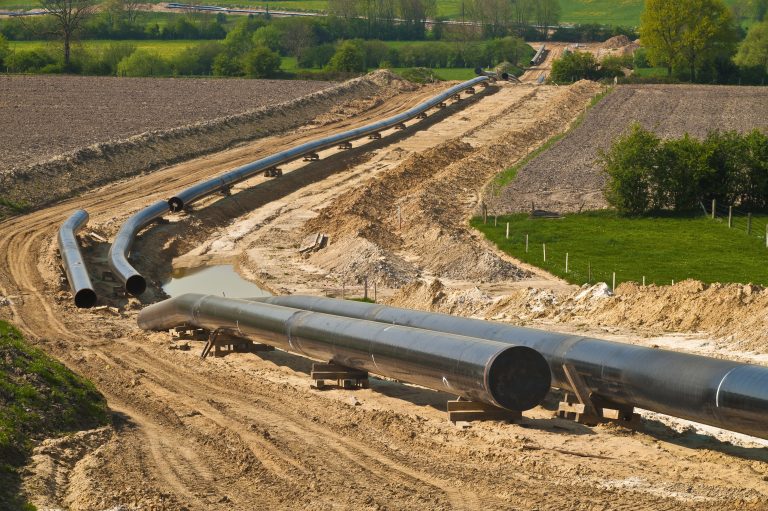Tanker Attacks Underscore Need for Energy Security
Last week, G-20 energy ministers meeting in Karuizawa, Japan voiced their concerns over oil tankers being attacked in the Gulf and the potential impact these assaults may have on access to energy resources. The ministers emphasized that energy security – especially during periods of uncertainty – is of the upmost importance, stating, “In light of recent developments highlighting concerns about energy security, the G20 Energy Ministers acknowledge energy security as one of the guiding principles for the transformation of energy systems.”
The statement came just two days after two more attacks against oil tankers in the Strait of Hormuz occurred; the latest in a string of repeated attacks that have been terrorizing oil tankers in the Strait since May of this year. In response to the recent aggression, shipping companies have begun pulling their ships out of the Strait of Hormuz, and there has been talk of tankers being assigned military escorts if conditions continue to worsen.
Saudi Arabian Energy Minister Khalid Al-Falih was quoted as saying that threats made to the energy supply must be met with a “rapid and decisive response.” Four of the tankers which have been hit so far belonged to the United Arab Emirates, and Al-Falih clarified that the attacks are being taken “very seriously.” He further maintained that the Kingdom of Saudi Arabia would use any means necessary to protect its oil infrastructure.
Japan’s Industry Minister Hiroshige Seko further affirmed that energy security should act as a guiding principle when it comes to transformation of energy systems, stating, “The most important thing was that we have shared an understanding among energy ministers that we need to work together to deal with the recent incidents from energy security point of view.”
Overall, the energy ministers have condemned the attacks, and insisted that the physical damage caused is paltry compared to the potential impact they could have on global confidence in energy supply security.
The U.S. can do its part to bolster energy access by continuing to produce domestic oil and gas resources – and facilitating the transportation of those resources through the expansion of midstream infrastructure such as underground pipelines. We need to stand together to protect our energy supply in order to assure global markets that their security is a top priority. Increasing American energy production – and exports to our allies around the world – can bolster international energy security amid rising concerns over incidents in the Strait of Hormuz.

